What Are Home Inspectors Not Allowed to Do? What You Need To Know!
-
Ed Malaker
- Last updated:
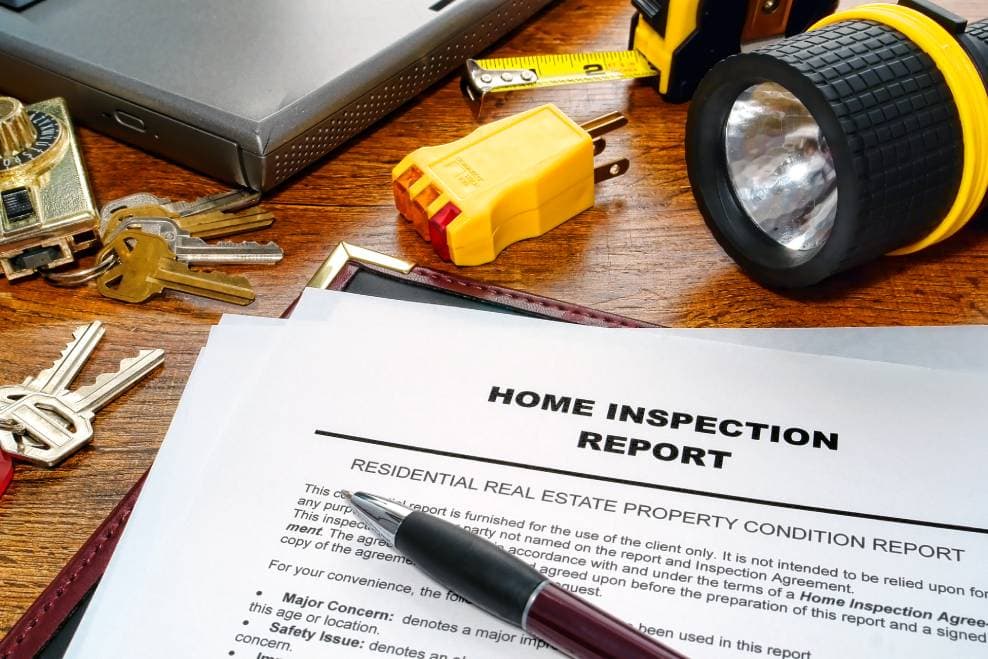
If you are selling your home and expecting a visit from a home inspector, it can be a nerve-wracking experience, especially if you aren’t sure what they are allowed to do on your property. If you are a buyer and are using the services of a home inspector, it’s easy to get confused about how they can help you. In either case, keep reading as we help clear the confusion by listing several things that a home inspector is not allowed to do.
Things That Home Inspectors Cannot Do
1. Offer Services Other Than Home Inspection
Home inspectors must follow a strict code of ethics that prevents them from offering services other than the home inspection. Many inspectors have a background in construction or electronics, which helps them perform better. Still, they cannot use their knowledge to fix anything, only point out potential problems.
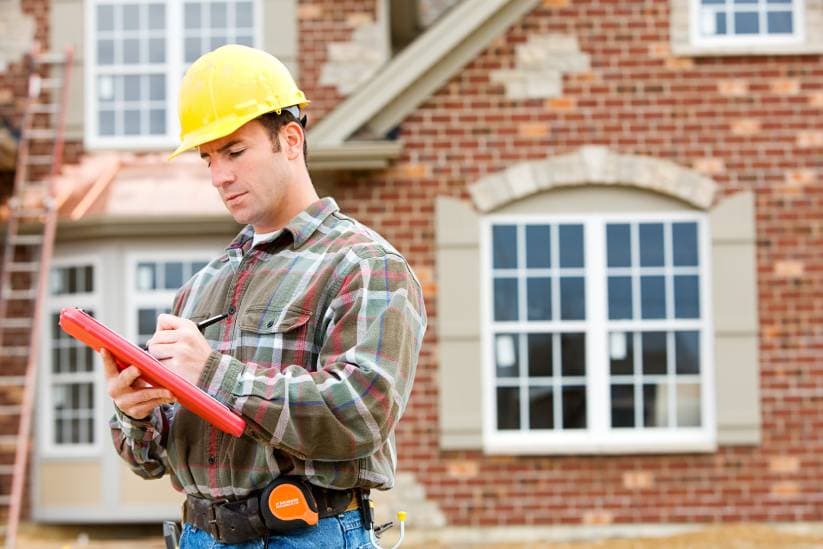
2. Renovate or Fix a Home That They Inspected
It’s illegal for a home inspector to renovate or fix a home that they inspected. This rule goes along with the fact that they are not allowed to offer other services, but it extends into the future, even after the current transaction.
3. Damage the Home
Contrary to what you might see on television or in the movies, the home inspector cannot damage property in any way. For instance, they cannot break a wall to look at the electrical work behind it or lift the floorboards to look at the plumbing. Inspectors use noninvasive techniques to identify and point out potential problems.
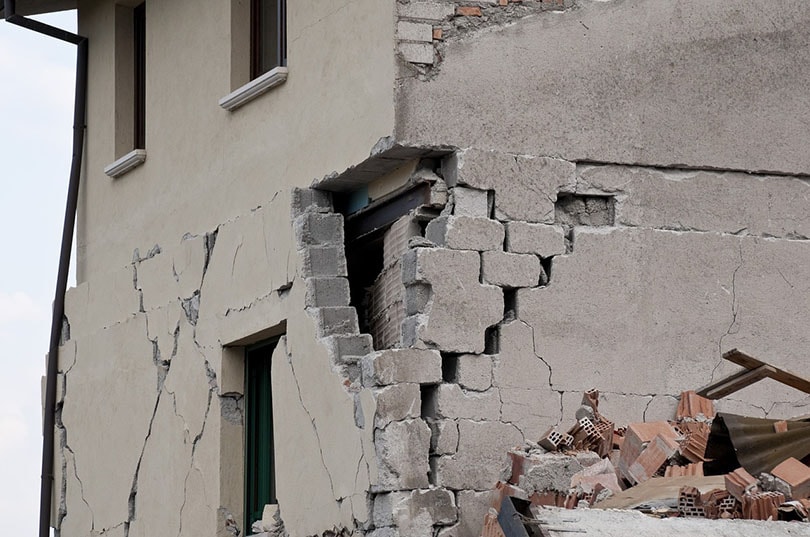
4. Risk Safety
A home inspector will not rest their safety or yours at any time during the home inspection. They will also report any immediate dangers that they find to all relevant parties as part of the Duty to Warn. The inspector will also cancel the inspection immediately if they discover that it is unsafe to be inside. The owner will need to make repairs before the assessment can continue.
Find a inspection specialist in your area, and get free, no-commitment estimates for your project.Consult a home audit expert

5. Diagnose the Cause of the Problems That They See
The rule that prevents a home inspector from diagnosing the cause of a problem that they see is difficult for many people to understand, whether they are being inspected or hiring an inspector. However, the inspector’s job is only to point out potential problems. They are trained to see when something is wrong, but they might not always know the cause. If they see what looks like mold, they will point it out so a mold expert can come in and see if that is indeed what it is. An improper diagnosis can lead to unneeded and expensive repairs, as well as a lawsuit.

6. Diagnose Things That Require Testing
Home inspectors cannot diagnose things that require testing and can only point out things that may require testing. For instance, the inspector will stop short of calling something asbestos, but they might send it out for testing or suggest testing to the relevant parties.
7. Inspect Specialized Installations
Most home inspectors have general training and many installations require a specialized inspection. Specialized installations can include solar panels, hot tubs, a spa, a swimming pool, and similar items that aren’t found in every home. You will need to hire a specialized inspector who knows these systems.

8. Test Any Non-working Systems
If you have already noted that a system in your home does not work, like the sprinkler or HVAC system, the inspector will not check it to be sure. Instead, they will include a note in the seller’s disclosure. However, some states like Alabama and Wyoming do not use the seller’s disclosure or limit what you must disclose, so buyers will need to be more careful in these states.
9. Estimate When You Will Need Repairs
The home inspector will not estimate when things like the roof will need repairing; they will only state whether it currently needs repairs. In the past, many home inspectors would rate things like the furnace as working, satisfactory, marginal, or broken, but recently, many states have adopted a new system that only allows inspectors to say whether things are working or not.
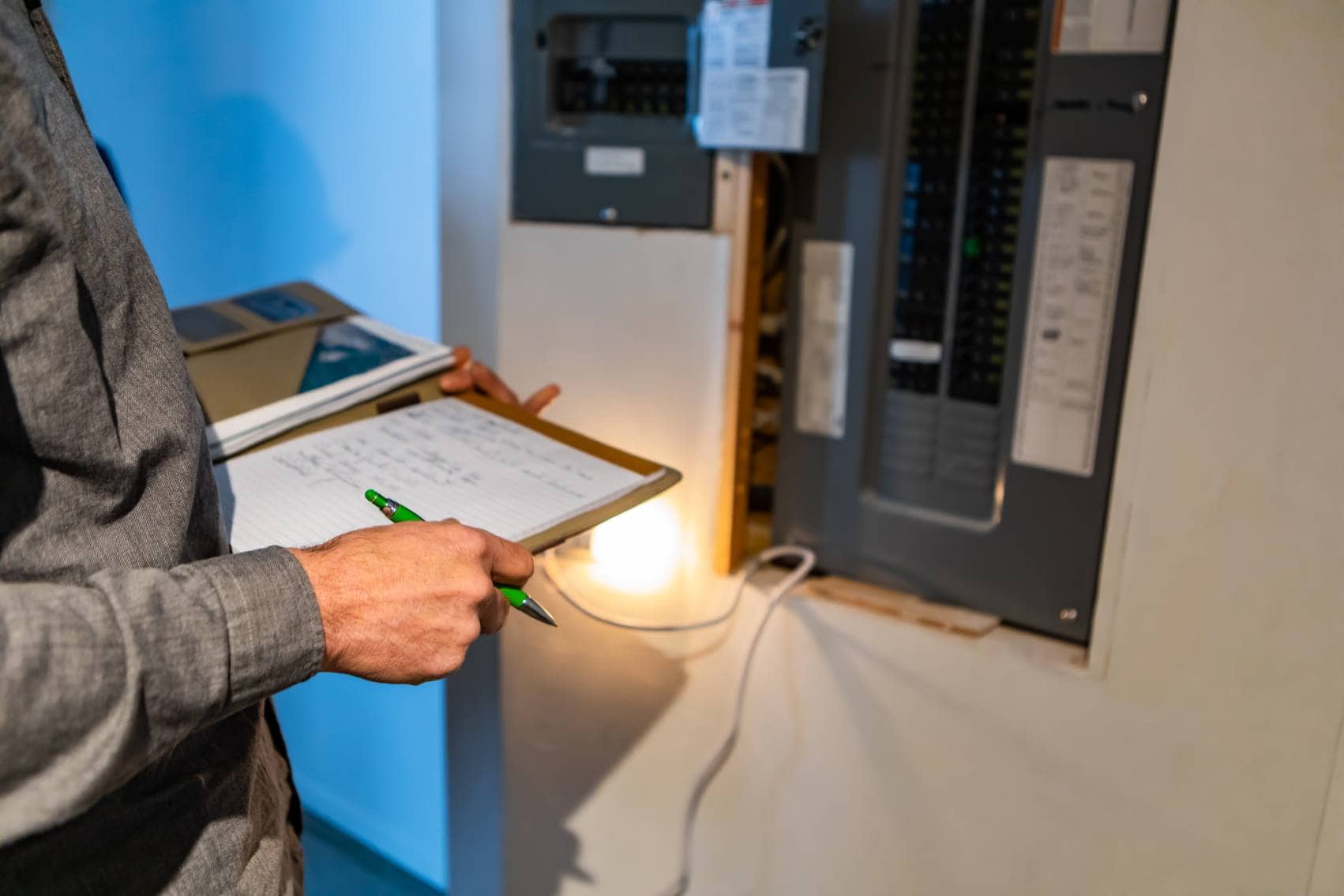
10. Move Large Items
The home inspector will not move any large items like vehicles or boxes to access parts of the home that they need to inspect. If something is in the way, the inspector might stop the inspection until someone moves them. Who is responsible for moving the items can be one or many different parties, depending on the situation, but it’s best to get everything out of the way before the inspector arrives.
11. Give an Opinion About Appearance
The home inspector’s job is to tell you if something is not working properly. They will have no opinion about its appearance and cannot tell you if something is trendy or outdated.

12. Tell You If You Should Buy the House
The home inspector cannot give you any opinions about whether you should purchase a house or not. Besides this being unethical, people have many different reasons for buying or selling a house that can go far beyond what the inspector finds unless the damages are extreme, so the home inspector’s opinion is no better than anyone else’s.
13. Tell You Whom to Hire
Not only is your home inspector barred from doing any of the work required to fix any problems, but they also cannot recommend anyone to do the work. Doing so would only encourage false claims to create more work for friends, so it’s unethical. Therefore, you will need to look for another source for advice about hiring contractors to perform any required repairs.

14. Outline Boundaries or Encroachments
Though the home inspector may walk around the property to look at any structures that it contains, they’re not experienced with and have no information about outlining boundaries and encroachments, so they cannot give you any information about them. Instead, you will need to talk with a land surveyor.
15. Tell You If the House Is Worth the Asking Price
The home inspector has no training in appraising a building and is only there to look for damage. Therefore, it’s unethical for them to give an opinion about the asking price.

16. Condemn a House
One of the biggest fears of a homeowner is that the home inspector might condemn their house. However, only a qualified inspector hired by the city can condemn a building. The home inspector can only provide a list of any damage that they find to the hiring parties.
17. Issue a Certificate of Occupancy
Just like the home inspector has no authority to condemn a house, they do not have the authority to declare it ready for occupancy. Only an inspector working for the city, state, or federal government has that authority.
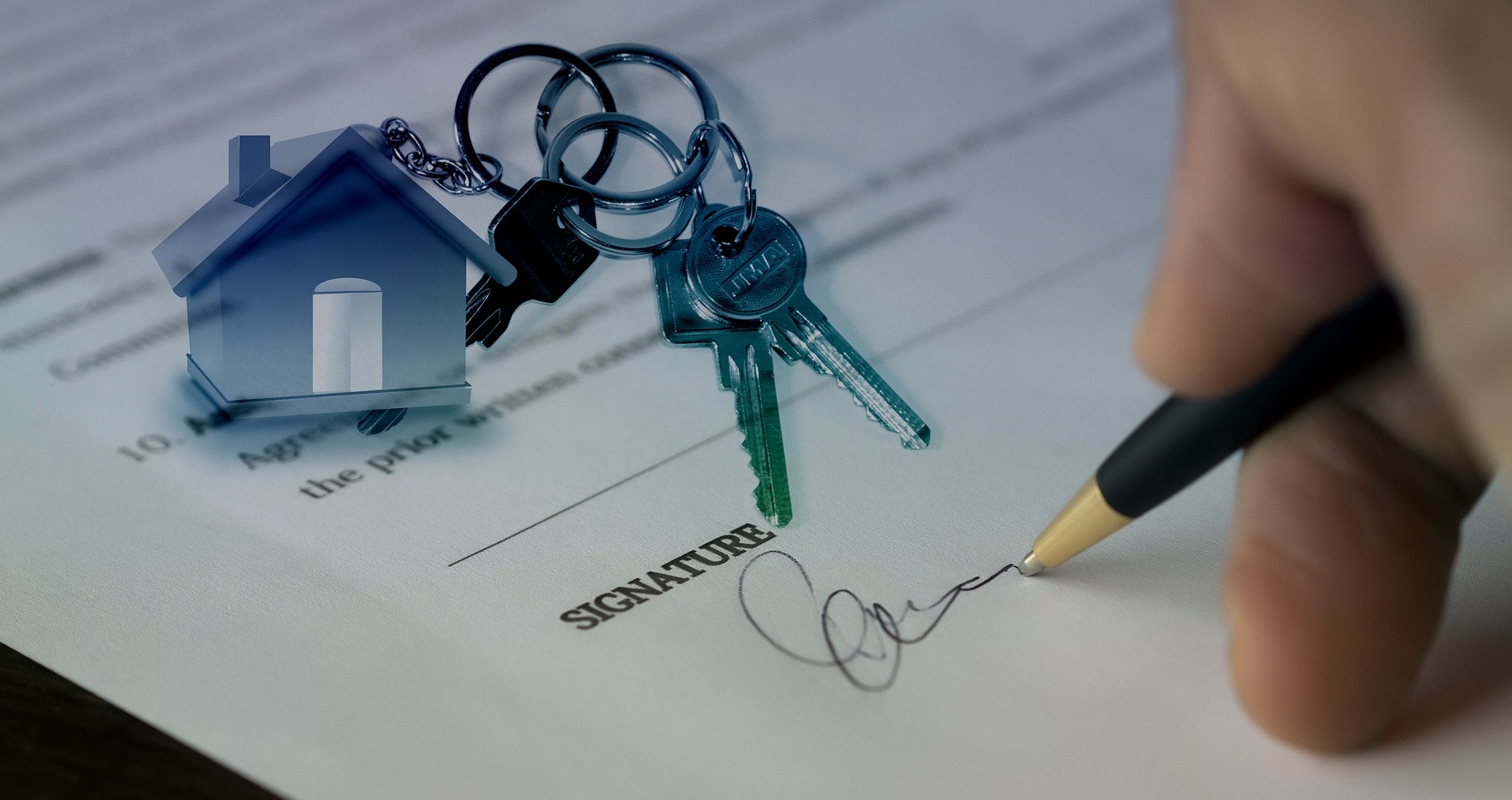
18. Say If a House Is Insurable
The home inspector cannot tell you if a house is insurable or not. The inspector will list all problems and present that list to the mortgage lender and the insurance company. They will determine whether the house is insurable.
19. Enforce Building Codes
The home inspector cannot enforce any building codes. They can only list those that are not being followed in their report unless the unfollowed codes risk their health.

20. Tell You If You Passed or Failed
One thing that frightens many homeowners facing an inspection is that they might fail, and many expect to learn if they pass at the end. However, the inspection does not have a grade, and there is no way to pass or fail. It’s simply a list of potential problems.
Conclusion
There are quite a few things that a home inspector cannot do. The one thing that they can do is notify all interested parties about any potential problems with the property that they inspect. They cannot give you information regarding if it’s worth the asking price, if it looks attractive, if installing a swimming pool will increase the value, or whom you should hire to do any repairs. If an inspector breaks any of the rules on this list, it could be a sign that there’s something underhanded going on, especially if they are offering to fix any problems or recommending a local contractor.
Featured Image Credit: Olivier Le Queinec, Shutterstock
Contents
